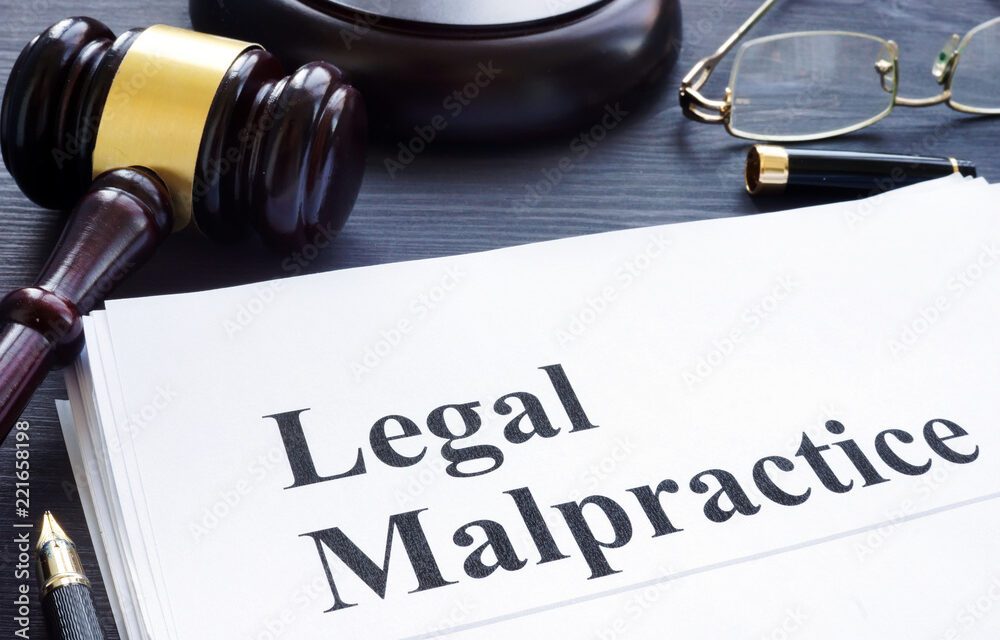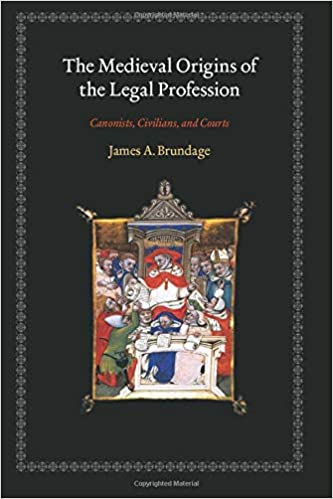Here is some speculations about characteristics of legal malpractice actions. They are not based on systematically gathered empirical evidence; they are collected by some experience, some watching, huge amounts of reading, lots of studying, and teaching a significant amount concerning legal ethics, which in vernacular, sometimes extends to legal malpractice problems. Legal ethics problems have been in all different kinds of courses.
- Legal malpractice cases are extremely difficult to win by means of judgment and affirmation, if there is one.
- This proposition assumes that appellate cases are a sound foundation for inference. They may not be all the time. Maybe a good number of cases decided against lawyers in trial courts, get settled. If legal mal cases are as difficult as I conjecture, that would be a natural pattern. There will also be a few exceptionally different cases: (1) where verdicts have survived: (2) where large amounts of money are at stake, (3) where the cases are huge and complex, (4)where cases are highly publicized; and (5)where there is a desire to establish some weak or new legal principle.
- Plaintiffs prevail more by settlements than by trying a case. This is probably characteristic of all two party litigation.
- Most cases which are not settled are decided by summary judgment.
- Summary judgments do not depend on causation as a very general rule, for obvious reasons. Summary judgments usually depend on statutes of limitations, suing the wrong lawyer, mistakes of the plaintiff’s lawyer about applicable law, trust, probate, real estate, family, and business organization pleadings. For now, a final reason is that the plaintiff has no evidence whatsoever to support his/her/its case.
- More reported cases are to be found in California than anywhere else. At least some of the reason for this is obvious. But if that were the reason, then New York should run as high as California, which it does not (or so it seems).
- Another reason why legal mal cases are as difficult as they are to win is that malpractice is strictly a tort. I should think that if malpractice were also a contract breach, more cases could be won by plaintiffs, if the retention agreements–which are obviously contracts–were drafted in a way which were more favorable to clients. The Internet should be valuable from this point of view.





Recent Comments